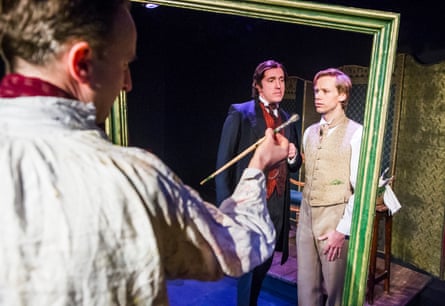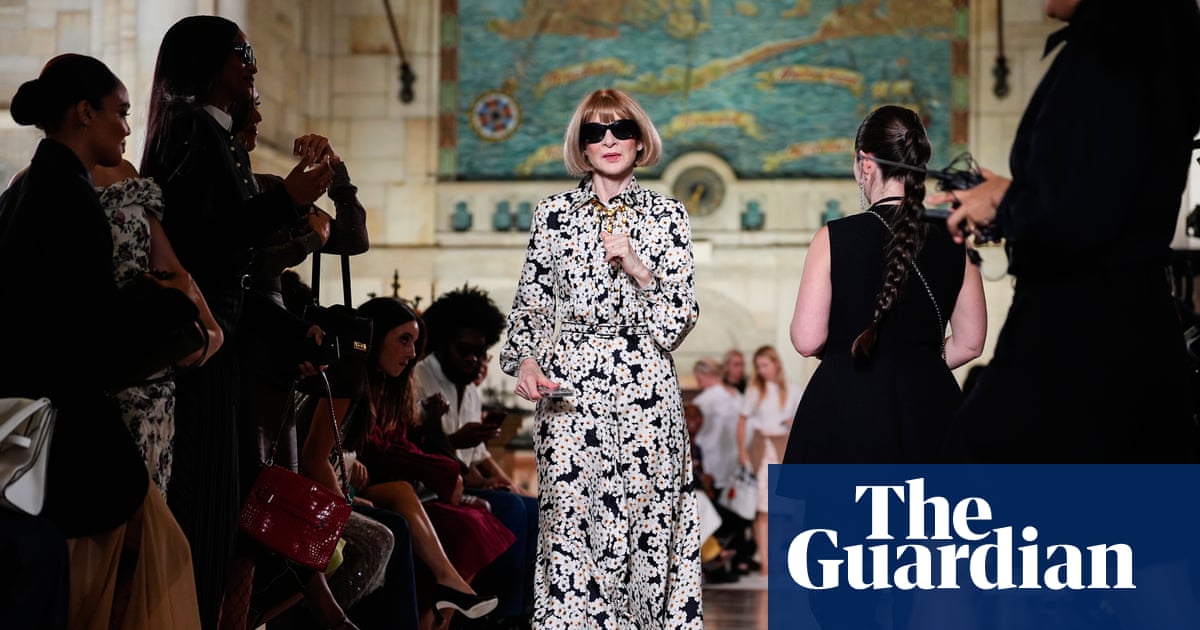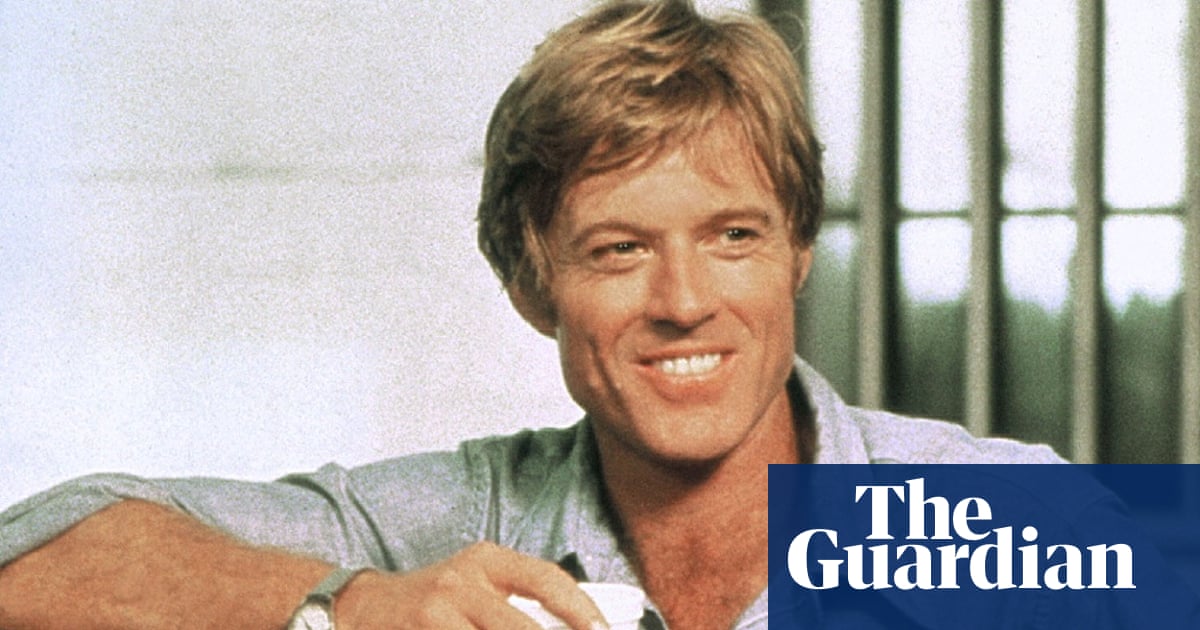Who wrote the following: “When private property is abolished, there will be no necessity for crime”? In one of his plays the same writer has a female revolutionary cry: “How easy is it for a king to kill his people by thousands but we cannot rid ourselves of one crowned man in Europe.” If I reveal that the writer was a London-based Irishman, most people would assume it was Bernard Shaw. In fact, it was Oscar Wilde and, while the first quote comes from his essay The Soul of Man Under Socialism, the last is from his play Vera; or, The Nihilists which is to get a rare professional production at the Brockley Jack Studio theatre, south-east London, in September.
The play itself is virtually unknown even to Wildean devotees. It was written in 1879 and loosely based on the story of a 22-year-old Russian revolutionary who had attempted to shoot the St Petersburg chief of police. Wilde’s version is set in Moscow but his heroine, Vera Sabouroff, has a similar political ardour and leads a band of nihilists who plan to assassinate the tsar. That is only the starting-point for a robustly noisy melodrama that was intended for London production in 1881. But the actual assassination of Tsar Alexander II in March of that year and the fact that the Prince of Wales was married to the sister of the new tsarina killed it stone dead. When it was eventually produced in New York in 1883, it was greeted with sneery disdain and, aside from the odd amateur revival, has lain buried ever since.

Yet, for all its obvious faults, the play has several points of interest and one is what it reveals about Wilde’s own divided nature. We tend to think of that division in terms of his sexuality but there is a comparable split between his radical and aesthetic selves. The two achieve a perfect reconciliation in The Importance of Being Earnest which offers a running commentary on class, money, marriage, morals and the state of society while being an exquisite comic creation. But in an early work like Vera there is a deep, unhealed division between the earnest and the epigrammatic. The play is packed with diatribes against despotism and full of rhetorical hymns to liberty: at one point Vera apostrophises the concept as: “O mighty mother of eternal time, thy robe is purple with the blood of those who have died for thee.”
But the play’s most intriguing character is Prince Paul, the Russian prime minister, tsarist apologist and devious word-spinner. He talks throughout in chiselled phrases such as “Experience, the name men give to their mistakes,” and suggests that there is a link between making a good salad and being a brilliant diplomat: the art in both cases is “to know exactly how much oil one must put with one’s vinegar”. He is the prototype of Lord Henry Wotton in The Picture of Dorian Gray and all those languid aristocrats who pepper Wilde’s society dramas with their potted witticisms.

On the one hand, Wilde celebrates revolutionary ardour: on the other, a dandified cynic who claims “life is much too important a thing ever to talk seriously about it”. But this conflict between ethics and aesthetics is not peculiar to Wilde. In 1885, Henry James pursued a similar bifurcation, admittedly with far more subtlety, in his novel The Princess Casamassima. Its hero, Hyacinth Robinson, is the illegitimate son of an English aristocrat and a French working-woman and his life is as divided as his name suggests. Through his meeting with the titular princess, he acquires a taste for the trappings of privilege. But he also has a passion for social justice that leads him to join a band of political conspirators very like those in Vera and to accept the duty of assassination.
James had no great sympathy for Wilde, and in 1895 shamefully refused to sign a petition calling for mitigation of his prison sentence. Yet the two writers had more in common than one suspects and in The Princess Casamassima you find a strange echo of the dilemma posed by Vera: how do you reconcile the desire to change the world with a delight in its culture; or, to put it more simply, how do you achieve a perfect balance between socialism and style?
-
Vera; or, The Nihilists is at Brockley Jack Studio theatre, London, 16-27 September.

.png) 2 months ago
27
2 months ago
27

















































